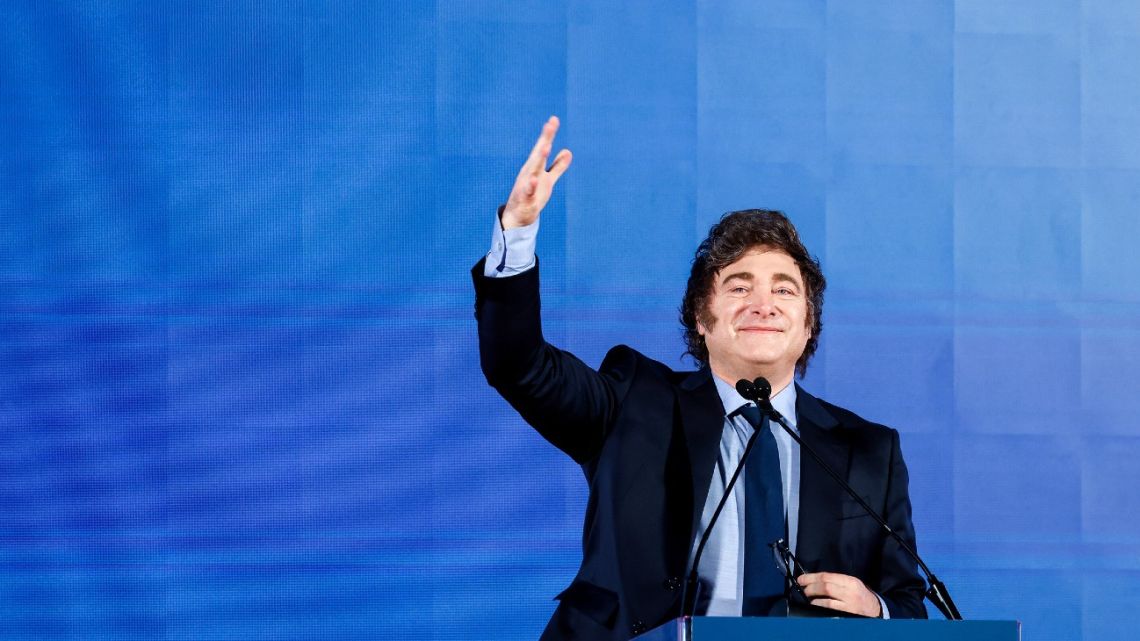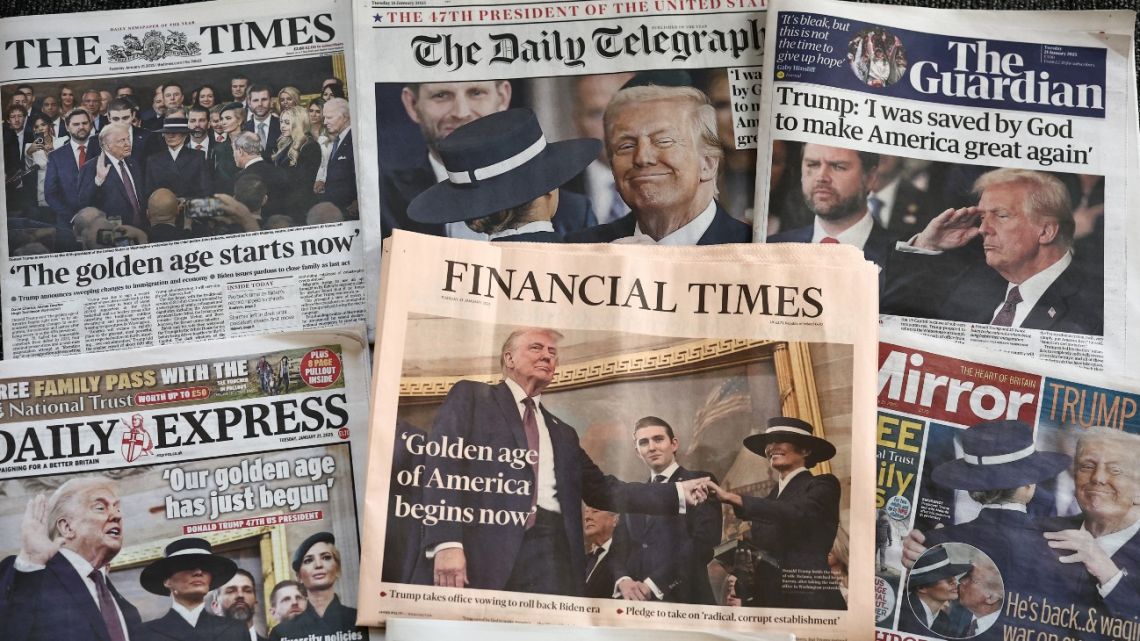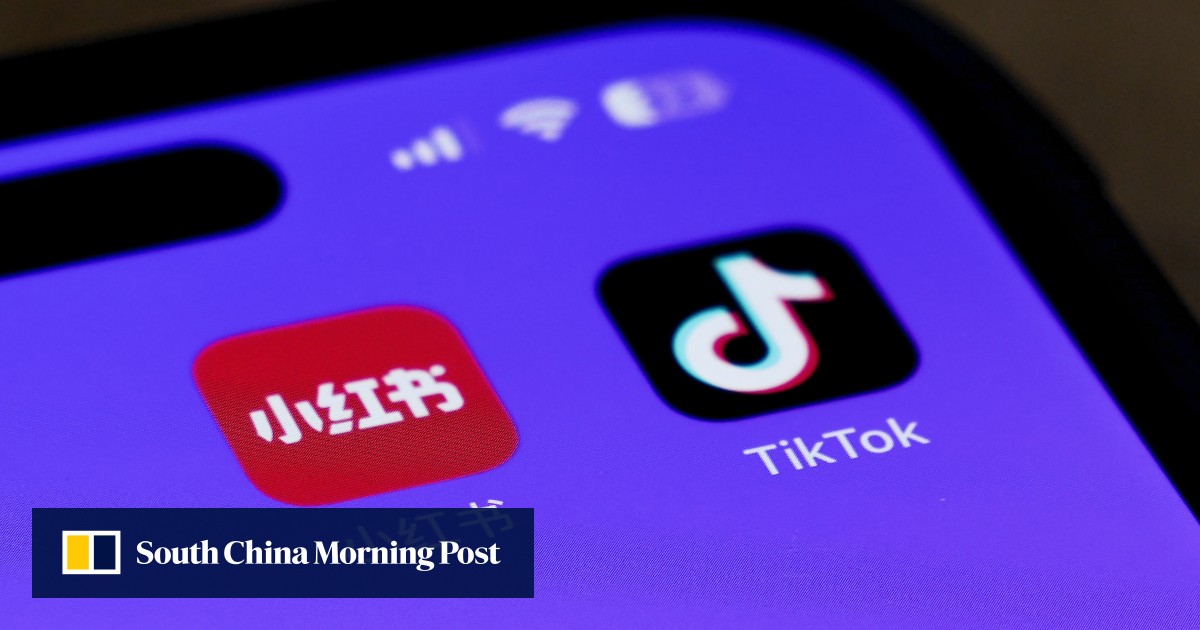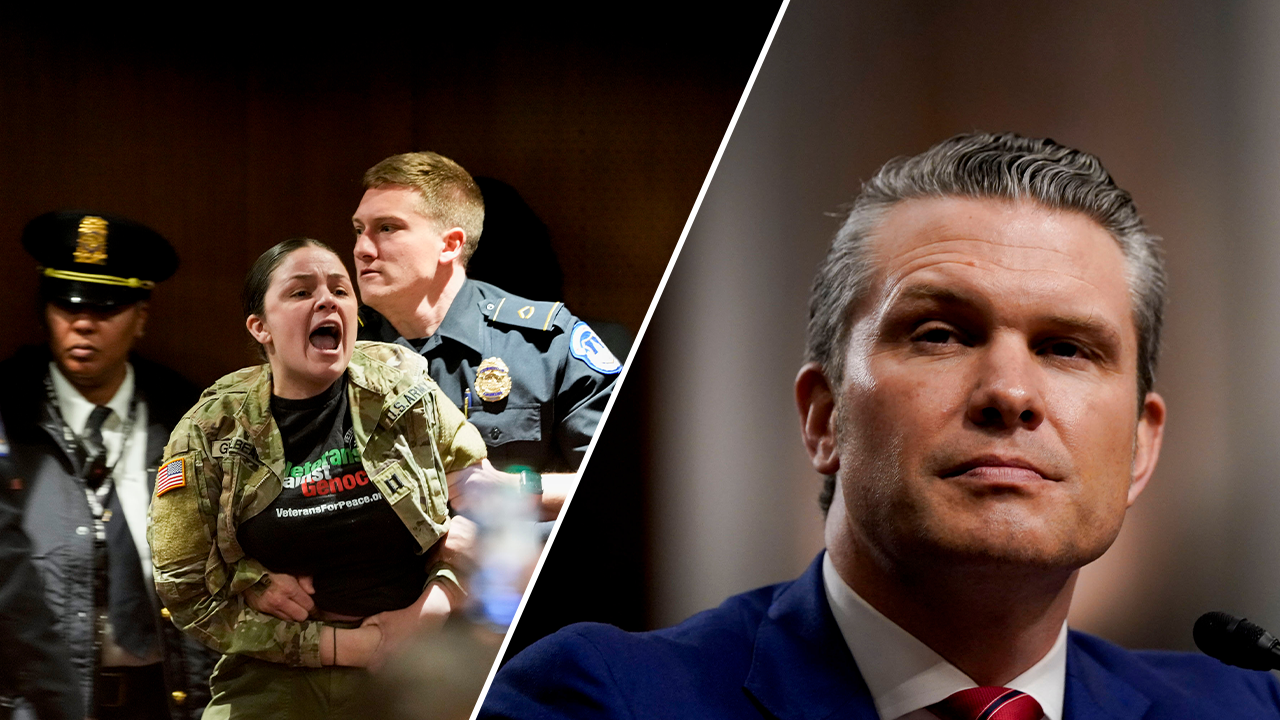(Analysis) On his first day back in office, President Donald Trump made it clear that Lula’s Brazil holds little importance to the United States.
This revelation comes from recent statements by Trump and actions planned by his former strategist Steve Bannon. The news highlights the challenges facing Brazil’s left-wing government and judiciary as they confront some of the world’s most influential figures.
Trump’s dismissive attitude towards Brazil emerged during an Oval Office interview. He stated that Latin American countries, including Brazil, need the U.S. far more than the U.S. needs them.
This stance marks a sharp departure from traditional diplomatic niceties between the two largest democracies in the Americas. The Brazilian government’s actions against Trump’s allies, particularly former President Jair Bolsonaro, have not gone unnoticed.
The ongoing legal proceedings against Bolsonaro and his supporters stand in stark contrast to Trump’s ability to campaign freely despite his own legal challenges. This disparity has fueled tensions between the two nations.
 Judgment Day Nears for Lula’s Government and Activist Judiciary With Trump Ascendancy. (Photo Internet reproduction)
Judgment Day Nears for Lula’s Government and Activist Judiciary With Trump Ascendancy. (Photo Internet reproduction)Steve Bannon is already devising strategies to undermine the Lula administration. He has called for strict sanctions against Brazil and its Supreme Court Justice Alexandre de Moraes.
Political Challenges Amid Trump’s Influence
Bannon’s involvement suggests a coordinated effort by Trump allies to pressure the Brazilian government and judiciary. The Brazilian Supreme Court’s decision to bar Bolsonaro from attending Trump’s inauguration has further strained relations.
This move has been interpreted by Trump’s allies as political persecution, with some Republican lawmakers expressing support for Bolsonaro and criticizing the court’s decision.
President Lula da Silva now faces a complex political landscape. He must navigate strained relations with the U.S. while addressing domestic challenges. These include a polarized electorate and a conservative-dominated Congress that limits his reform agenda.
The crackdown on Bolsonaro supporters, with over 1,500 arrests related to the January 8 riots, has led to accusations of political persecution. Trump’s history of retaliating against perceived adversaries raises concerns about potential consequences for Brazil.
His “America First” approach and willingness to use economic leverage could pose significant challenges for Lula’s government. The threat of trade tariffs or other punitive measures looms large, given Brazil’s economic vulnerabilities.
It remains to be seen how Brazil’s government will respond to these challenges from across the northern border, especially given Trump’s reputation for dealing harshly with those he considers adversaries.

 By The Rio Times | Created at 2025-01-21 10:36:29 | Updated at 2025-01-21 13:58:26
3 hours ago
By The Rio Times | Created at 2025-01-21 10:36:29 | Updated at 2025-01-21 13:58:26
3 hours ago








